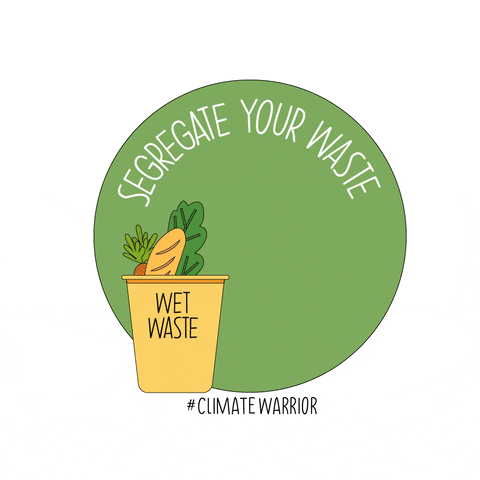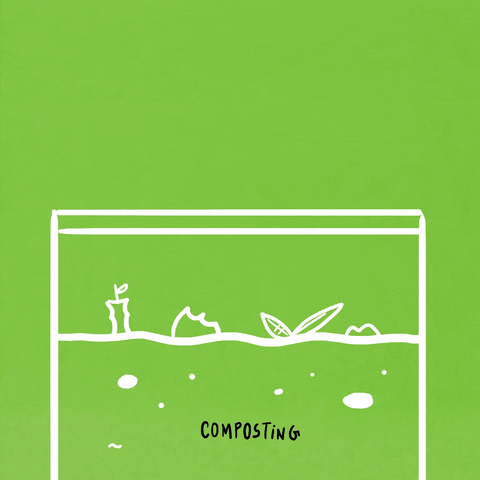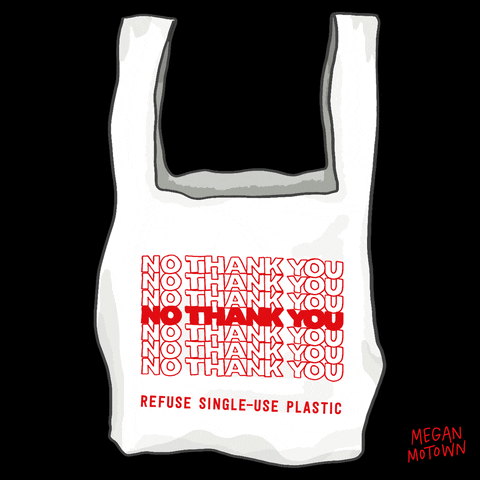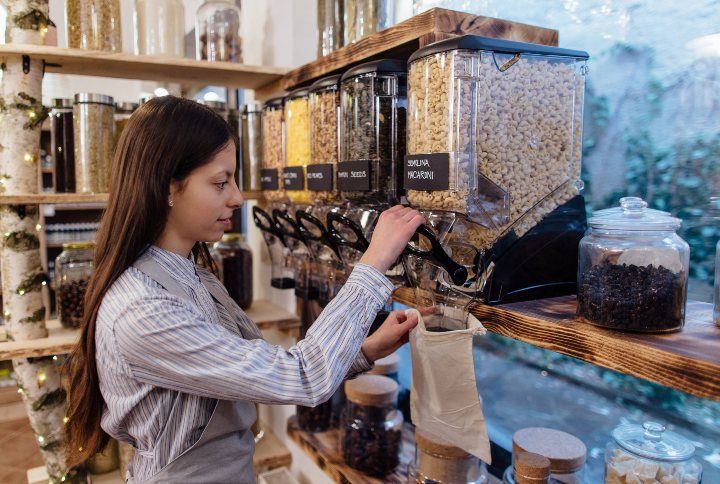Zero-waste is a lifestyle focused on preventing waste. The idea is to go beyond recycling and reusing and eliminate the generation of trash by embracing a minimalist lifestyle. This lifestyle can save time and money, and can also enrich one’s life.
We often have conversations on Malini’s Girl Tribe on sustainable living and making lifestyle choices that are easy on the environment. So, we invited Annie Philip, Lead | Compliance and Regulatory Policy at Saahas Zero Waste (SZW), to host an Ask Me Anything session for the Tribe, She answered all questions on living sustainably, the easy steps we can take at home, how we can save money with this lifestyle, how we can make our periods sustainable, and more. Read on to know her tips for adopting zero-waste living!
Q. What are the alternatives available in India to recycle plastic at a layman level?
Unfortunately, plastic recycling can’t really be done at a layman level in India. And even alternatives to plastic recycling such as the use of plastic in roads, waste to energy technologies, etc. are very technical processes. Therefore, the best that we can do at the individual level is to reduce or eliminate the use of plastic, and segregate our waste at home. Also, ensure that waste collectors don’t mix the segregated waste when they pick them up from our homes.

Q. What according to you is the hardest thing to give up while wanting to adapt to a zero-waste lifestyle?
I would say, convenience! Lots of waste-generating activities are a result of convenience, for example, takeaways, online shopping, use of single-use items, fast fashion, etc. The zero-waste lifestyle requires a little more effort, but the results are manifold!

Q. How easy or difficult is it to compost correctly at home?
It’s not hard at all! I started two years ago and have never looked back. It takes around 5 minutes each day and is so satisfying! Seeing kitchen waste turn into soil is almost magical. If you ensure that your kitchen waste is not too wet, the likelihood of attracting bugs is very low. If you have a covered balcony, I would highly recommend giving composting a shot.

Q. Could you share some brands which offer sustainable products?
For home care, there is Bare Necessities and Common Oxen. For menstrual cups, I personally use Moon Cup, which is a UK based brand. Boondh and Trucup are brands available in India for the same. I try to have my clothes stitched as much as possible. It helps the local economy and has one of the least carbon footprints.

Q. What are some small habits that I can adopt to push myself into a more sustainable style of living? Like on the lines of carrying a water bottle or using a biodegradable toothbrush.
The ones you have mentioned are some of the best ways to start. I also recommend carrying a small cup and cutlery in your bag–they are so useful when you feel like having a cup of chai or a snack by the road. You could then move to reducing takeaways and online shopping. Quit single-use items like plastic bags, straws, kitchen tissues, etc., experiment with home composting, repair and reuse things rather than throwing them out, share clothes and accessories with friends rather than buying them all the time. Take a cloth bag and containers for grains and pulses when going to the grocery store. These are small steps, but add up to making a substantial difference!

Q. The most unsustainable thing I, unfortunately, indulge in is fast fashion. But I’m slowly trying to shift to more sustainable clothing. Do you have any tips on how to make this work? What can I do with my existing clothes?
I know exactly what you mean! I was at that place until a few years back. So, the first step for me personally was a change in mindset. I came to realise that it was more important to have a healthy and fit body rather than a wardrobe filled with the latest fashion. I started focussing more on my fitness and then automatically, everything I wore started looking better. To stay away from fast fashion, keep some classics which will never really go out of fashion. Great jeans, solid colour t-shirts and dresses, for example. Try getting stuff stitched if possible. You can have your own style, support the local economy and have the least carbon footprint. Start sharing stuff with friends and exchange clothes with people you know. For really fancy stuff which isn’t worn often, there are options to rent. In India, repairing or refitting clothes is a lot simpler and is a great path towards sustainability!

Have you adopted a more sustainable lifestyle? Please share your tips with us in the comments below!
Join Malini’s Girl Tribe on Facebook to be a part of more such conversations!

